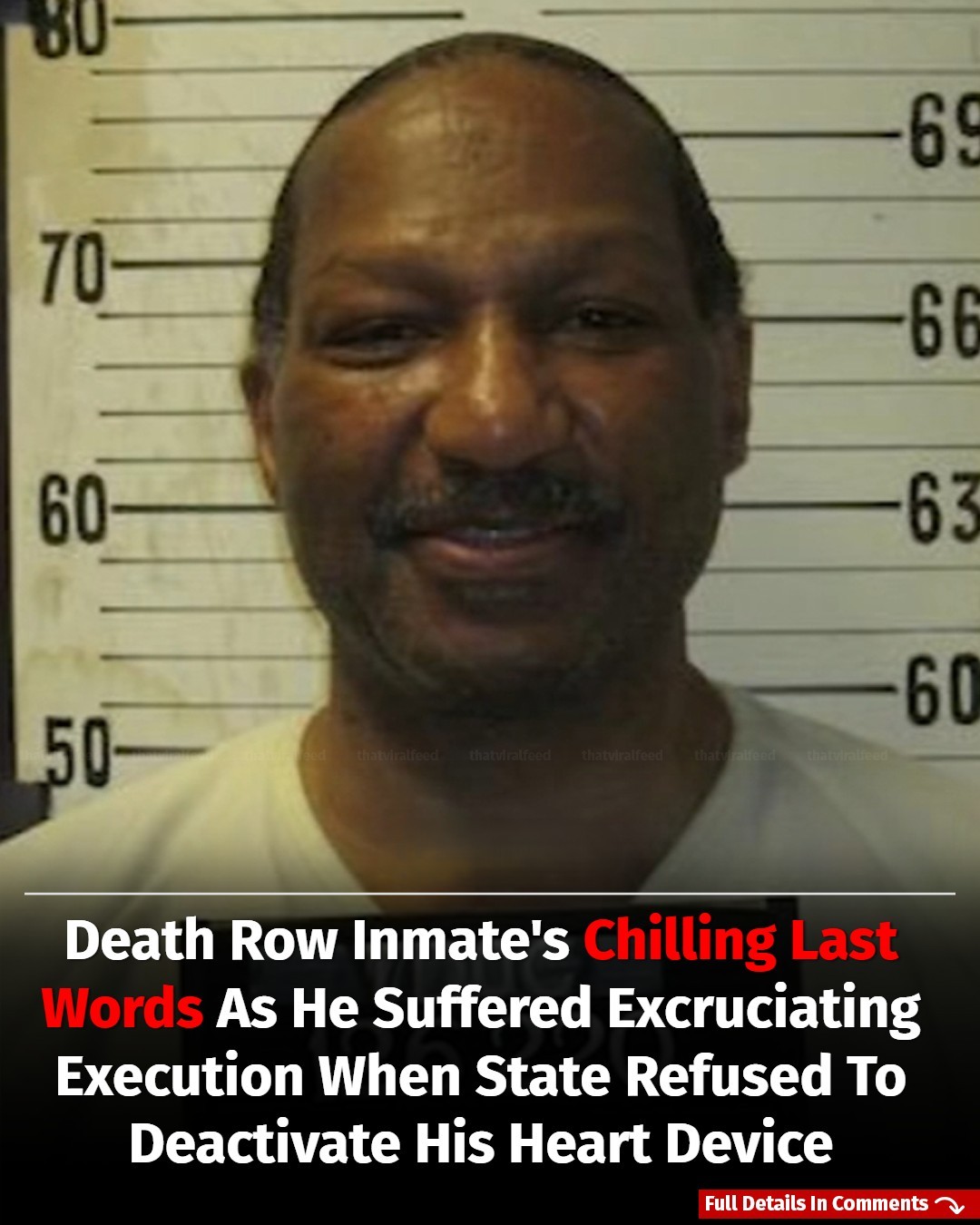The last words of a Tennessee death row inmate have emerged, revealing the pain he endured during his execution after officials refused to deactivate his heart device.Byron Black, a 69-year-old inmate on Tennessee’s death row, was put to death on Tuesday morning despite repeated warnings that his implanted defibrillator could cause extreme suffering during the process.This execution is now the second carried out in Tennessee this year and the 28th in the United States for 2025. According to the Death Penalty Information Center, it marks the highest yearly total nationwide since 2015, underscoring the growing controversy around capital punishment.
The execution took place earlier this week.Paul Harris / Getty
Black was officially declared dead at 10:43 a.m. after receiving a lethal dose of pentobarbital inside the Riverbend Maximum Security Institution in Nashville.He had been convicted and sentenced to death for the brutal 1988 murders of his girlfriend, Angela Clay, who was 29 at the time, and her two daughters, Latoya, nine, and Lakeisha, six. The details of the crime, as reported by Sky News, have continued to haunt the victims’ families for decades.
As the lethal chemicals entered his system, witnesses reported that Black began to moan in obvious pain: “Oh, it’s hurting so bad.” he said, while restrained at the hands and chest on the gurney.Beside him, his spiritual advisor sang softly and prayed, trying to offer comfort during his final moments, saying: “I’m so sorry. Just listen to my voice.” according to BBC News.
The execution followed an intense legal battle over whether Black’s implanted cardioverter-defibrillator — a device that monitors and corrects irregular heart rhythms — should be shut off to prevent it from triggering during the injection.Earlier, a trial judge had ordered that the device be disabled, warning it might cause additional pain or interfere with the process. Black’s lawyer, Kelley Henry, emphasized that this could have been done quickly and painlessly with a small, handheld machine.
However, the Tennessee Supreme Court overturned that decision last week, stating that the lower court lacked the authority to issue such an order. Governor Bill Lee also refused to step in or grant clemency.
Henry strongly criticized the state’s handling of the case, pointing out that her client was confined to a wheelchair and suffered from a long list of serious medical problems, including dementia, brain damage, kidney failure, and congestive heart failure. She also stressed that Black had an intellectual disability, which she argued should have made the execution unconstitutional under federal law.“The fact that he was able to raise his head several times and express pain tells you that the pentobarbital was not acting the way the state’s experts claimed it would.” Henry said. The state has confirmed that an autopsy will be conducted to examine whether the defibrillator activated during the execution.
“Today, the state of Tennessee killed a gentle, kind, fragile, intellectually disabled man simply because they could.” she continued.Prosecutors have maintained that Black killed Clay and her daughters in a fit of jealousy while he was on work release from prison. At the time, he had already been serving time for shooting Clay’s estranged husband, according to The New York Post.



